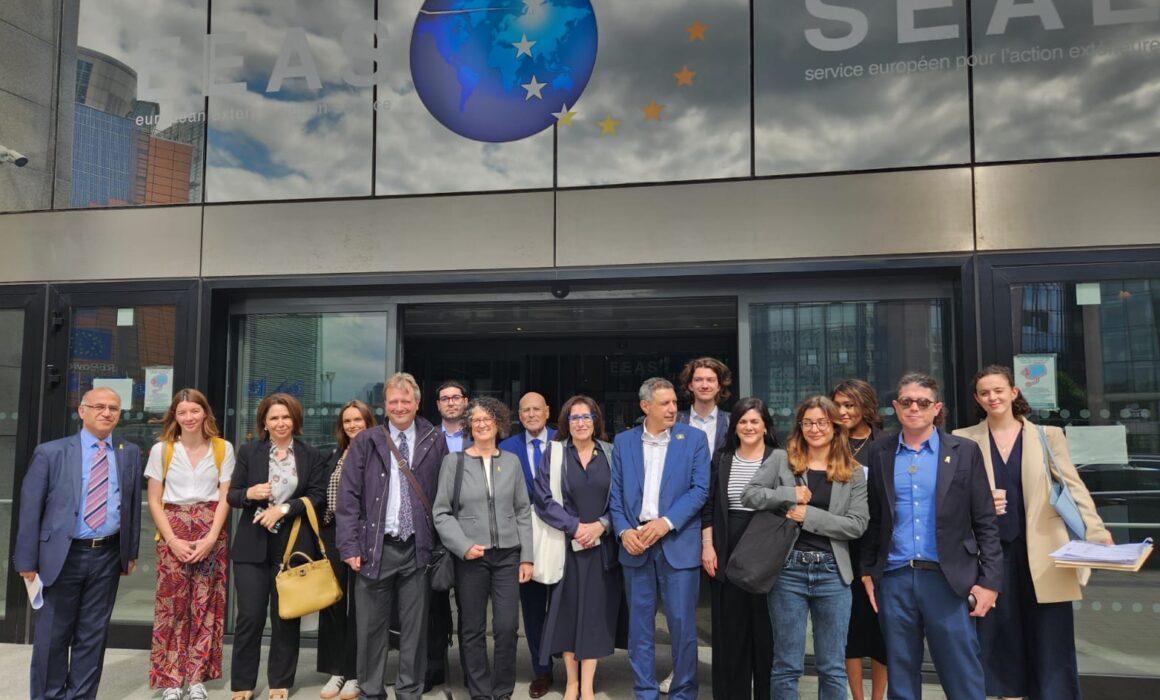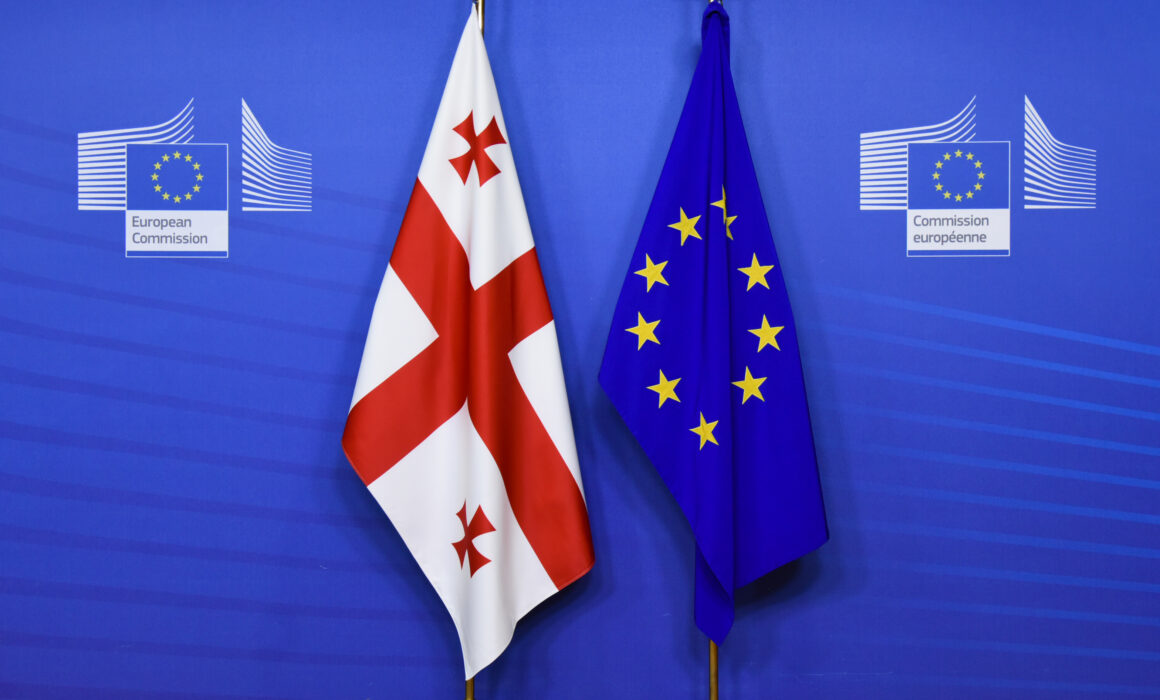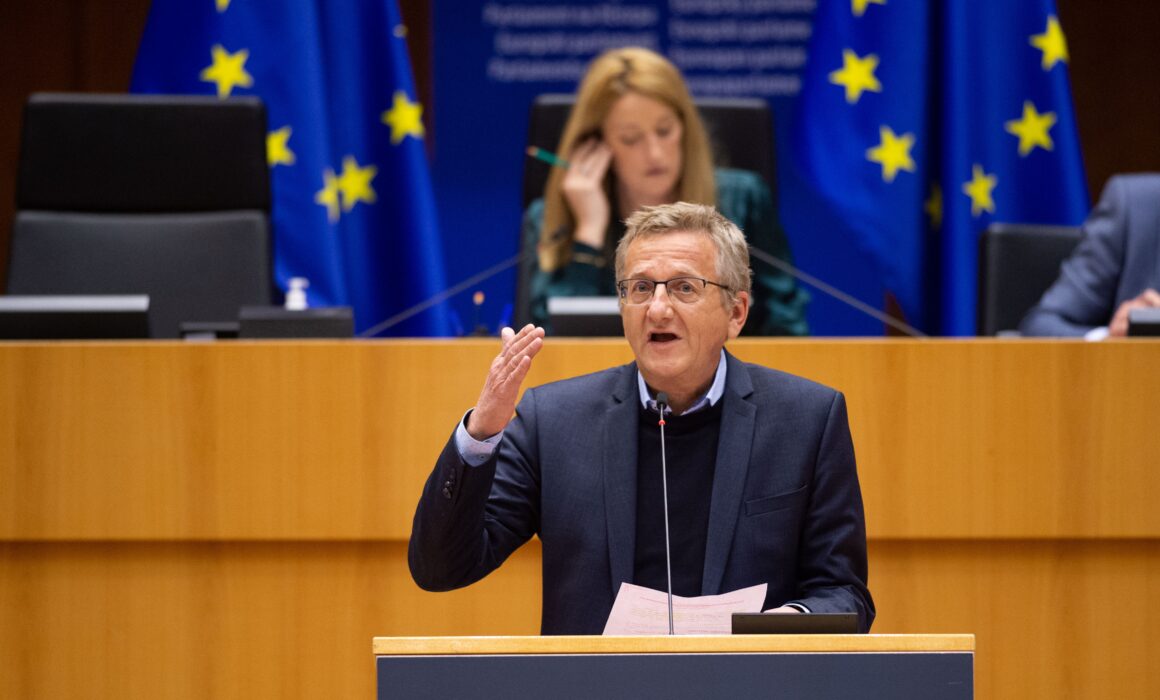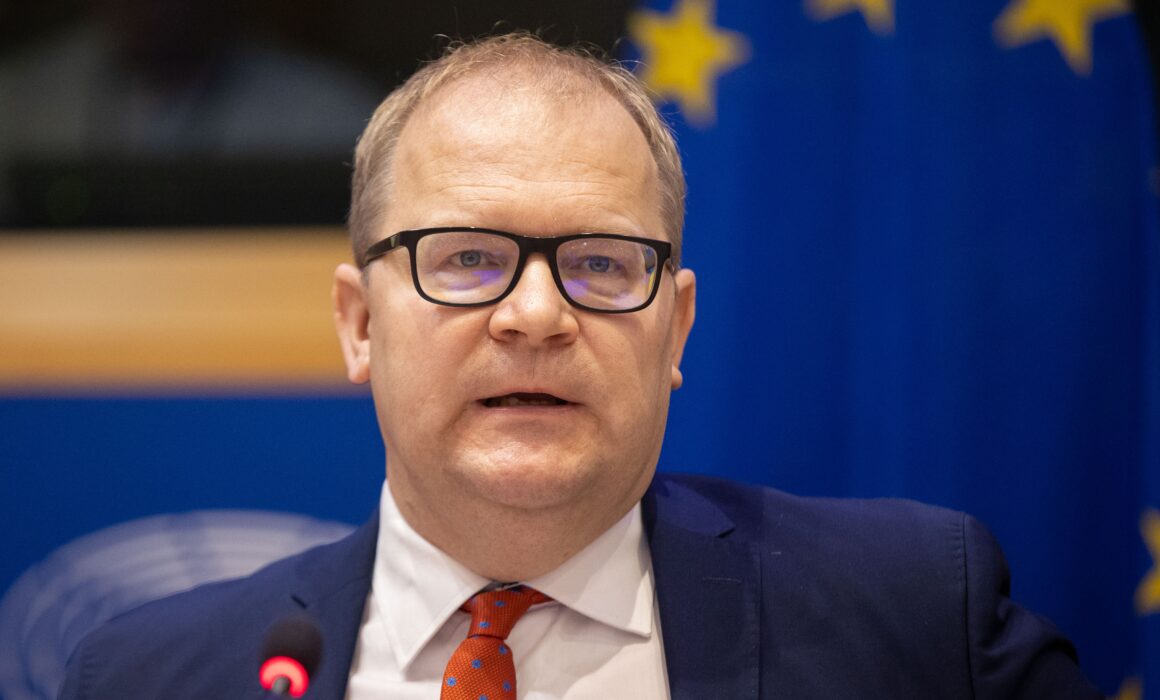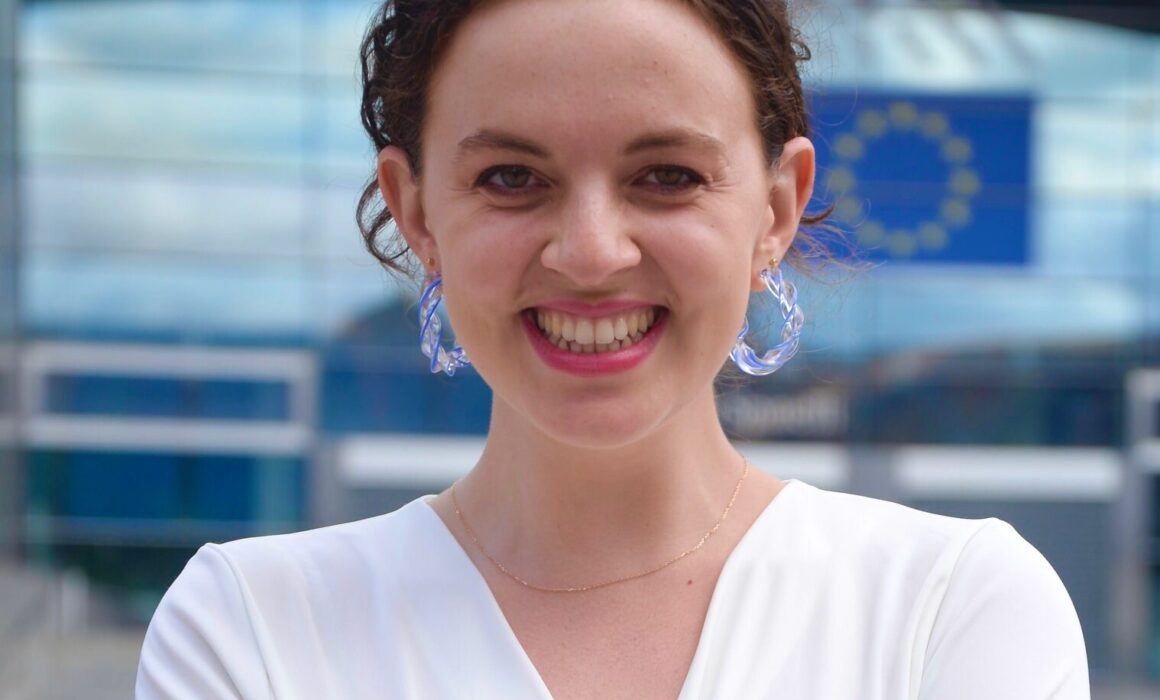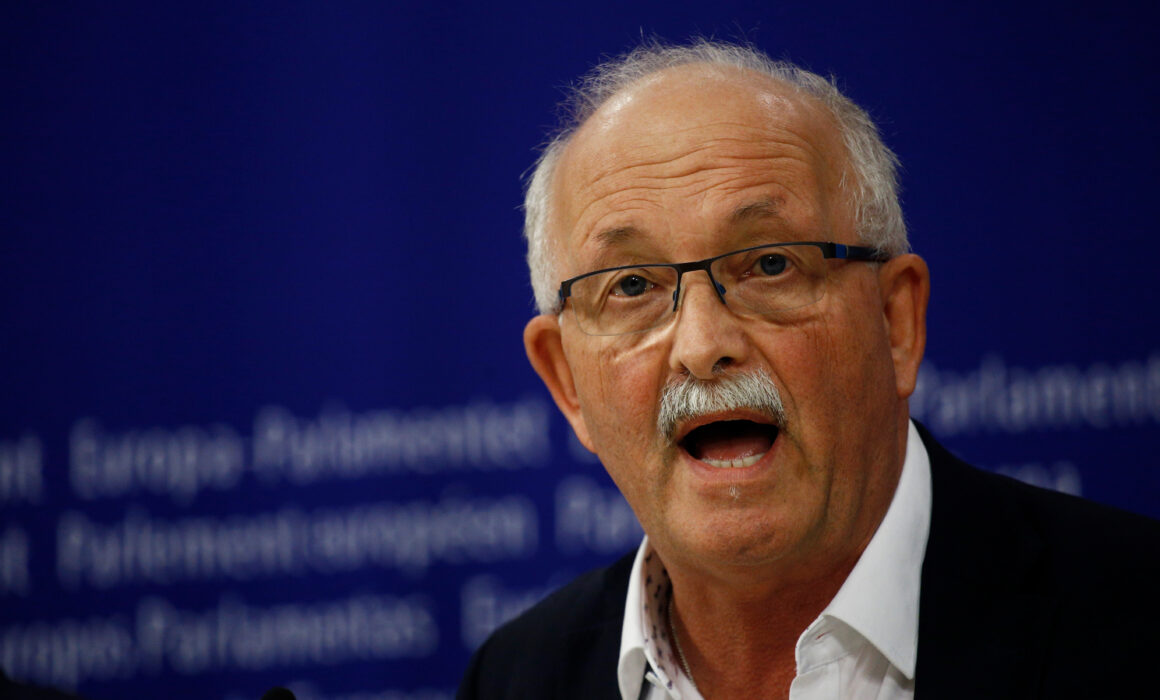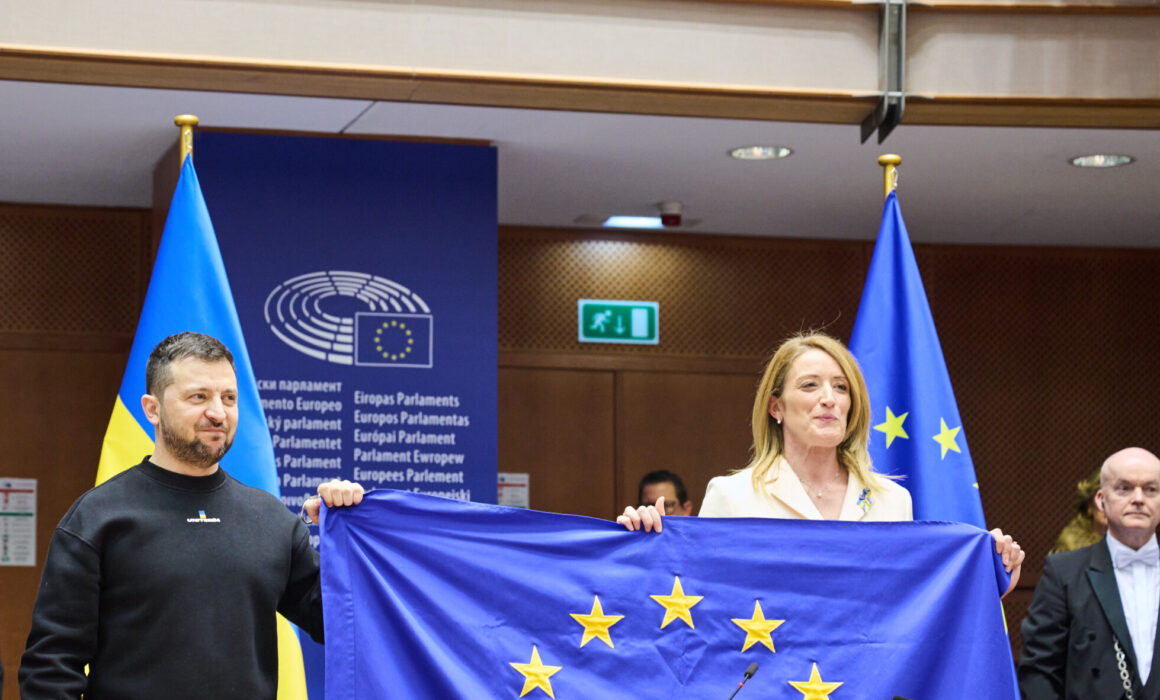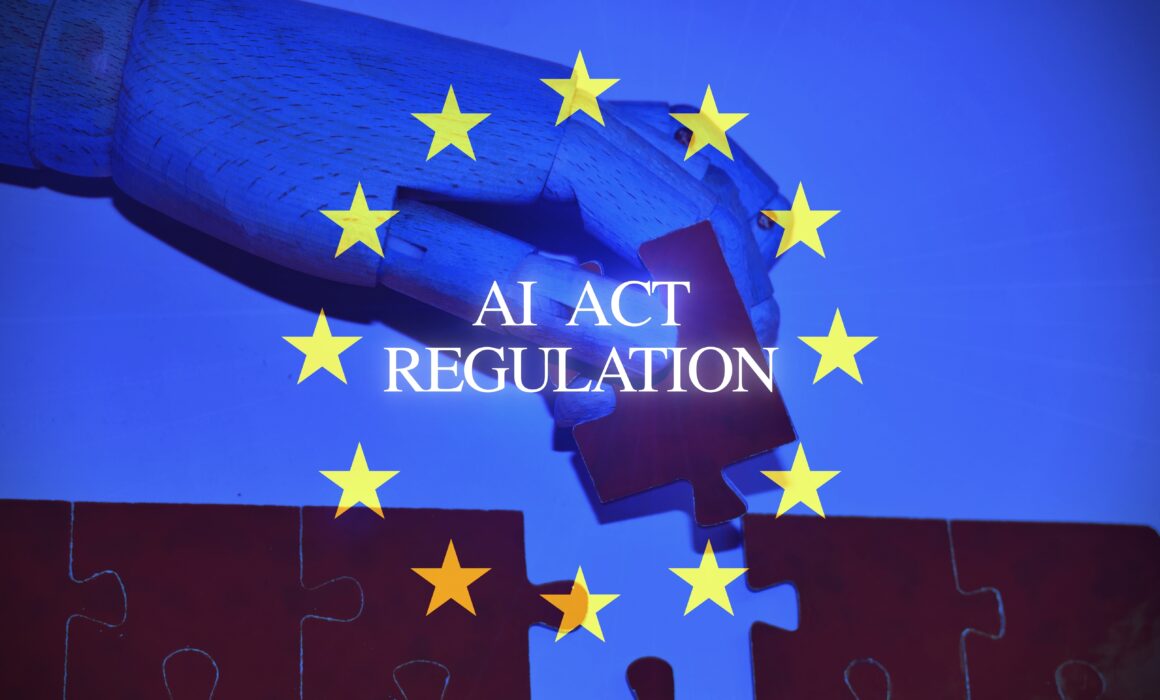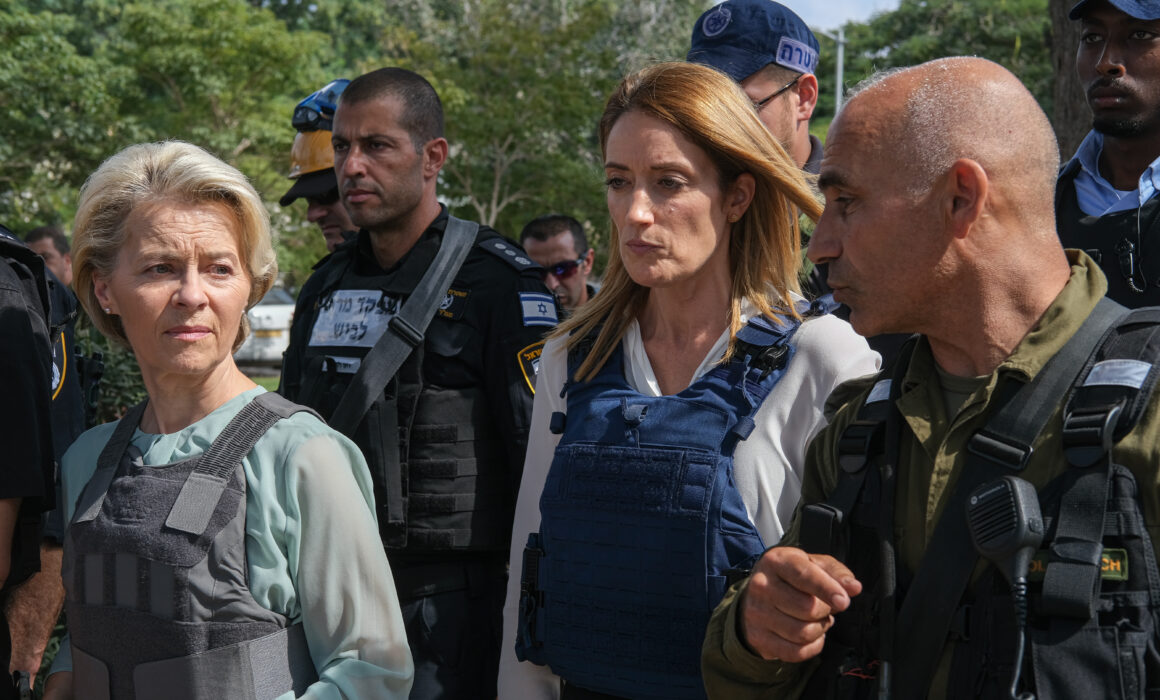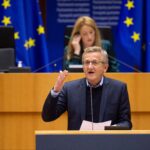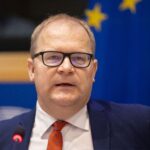Interview with Egils Levits, President of the Republic of Latvia.
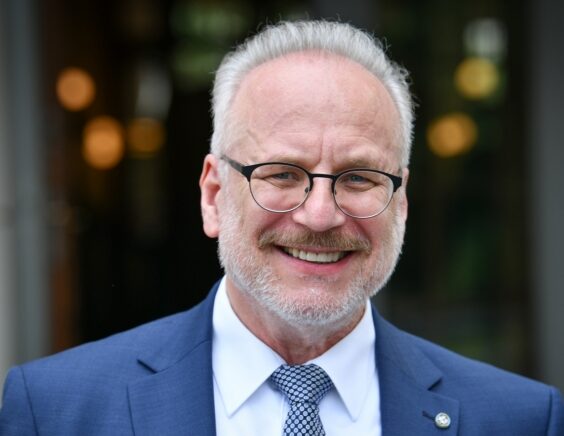
Egils Levits (born 1955 in Riga) has been president of Latvia since 2019. He graduated in law and in political science from the University of Hamburg.
After Latvia regained its independence in 1991, Levits was involved in the drafting of the Constitution. He served as ambassador, deputy prime minister and minister of justice and acting foreign minister.
In 1995, he was appointed as judge to the European Court of Human Rights in Strasbourg and in 2004, he was named a judge of the Court of Justice of the European Union, a post he held until 2019.
Mr. President, a few months ago, to many Europeans the Russian attack on Ukraine came as a surprise. Has the European Union by and large mastered this challenge, or do you still see room for improvement?
It was quite a surprise for Moscow that the West passed this test. Countries understood quickly what is at stake and reacted by mobilising forces. Unfortunately, that had not been the case before 24 February. Until that date, most people in Western Europe were still under illusions.
Why was that?
Because people did not monitor the rebirth of imperialist ideology in Russia closely, they did not take it seriously. We should heed this warning: If someone has the appropriate instruments at his disposal and uses them, he can make an aggressive, totalitarian and imperialist ideology the norm in his country in a very short time. Just look at the German example: In 1930, few Germans were convinced National Socialists. Nine years later, according to all the sources we have, it was already the majority. Within a very short time, the National Socialists had transformed a fragile, but nevertheless existing democracy into a totalitarian, aggressive state. Something similar has happened in Russia in recent years. The West did not draw the right conclusions, just as Britain, France and America had not done in the 1930s, vis-à-vis Nazi Germany.
How can Europe prevent democratic backsliding?
By defending ourselves both externally against aggressive imperialist regimes and against internal threats. Democracy is worth defending. That is why we must invest in defence. We also have to defend ourselves domestically. For me, this means that we should not normalise political forces that are outside the political spectrum and that we should not accept them as part of our democratic pluralistic polity. You do not necessarily have to ban them, but you must strengthen the conviction among the population that their existence is not something normal in a democracy.
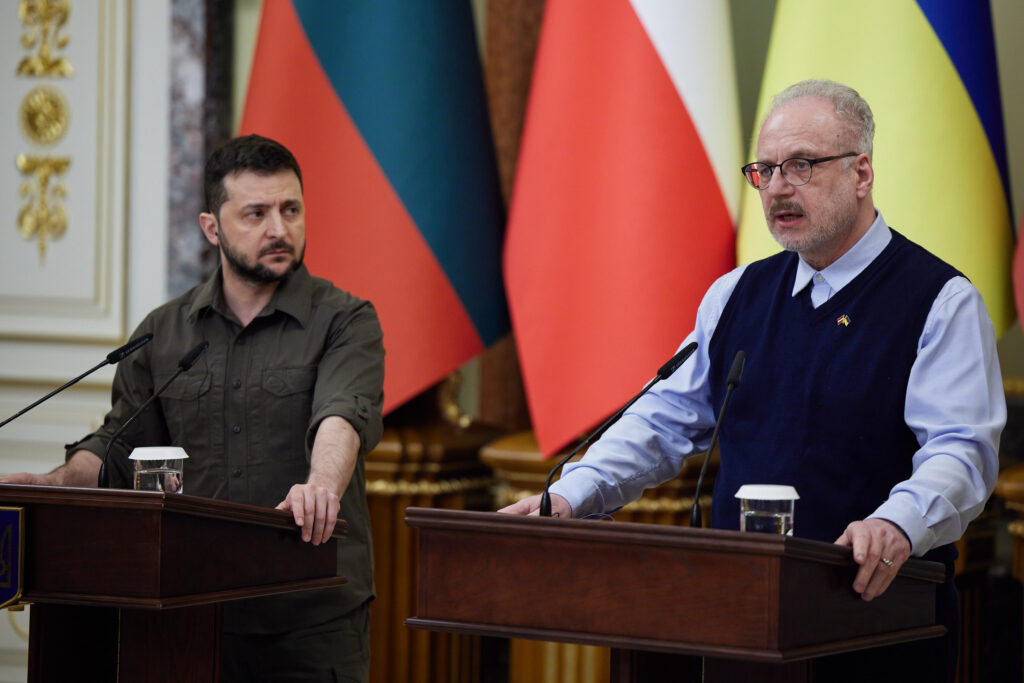

Can one really compare the situation we are in today with that of the 1930s?
The forces that threaten our democracies at home today are in my view different from those of the 1930s. Back then, there were movements that wanted to replace democracy with authoritarian leadership. Today, those forces are marginal. Instead, I consider populism as the most important threat to democracy. Populism is a rebellion against reason, rationality and democracy as the best problem-solving mechanism.
Why are the populists so popular?
Because democracy is very complex. It takes time. That is tedious for some people. They look instead for simple, quick solutions. Both the authoritarianism of the 1930s and the populism of today are anti-democratic. If you give in to them, democracy is finished.
When I first interviewed in February, you said that Vladimir Putin had “miscalculated” when he attacked Ukraine. It looks like you are proved right. Yet Putin is still the leader of Russia. How should Europe deal with him and his country in the longer term? Do we have to sit and wait until Putin is overthrown?
I would distinguish between Putin’s fate and Russia’s future. How long Putin can cling to power is hard to say. The latest military defeats have led to disappointment among his supporters. However, it is difficult to predict what will come of it. What worries me a lot is that a large part of the Russian population agrees with Putin’s crude worldviews. And that means that Russia will act aggressively for the foreseeable future, regardless of who is in power.

So even without Putin, Russia is a threat?
Yes. That’s why in the Bundestag, the German parliament, I also addressed the importance of coming to terms with the past or “Vergangenheitsbewältigung”, as it is called in German. It worked very well in Germany, also because Germany suffered a clear military defeat in 1945. Whether or not society in Russia will be able to do the same, whether it will renounce the ideology that is currently prevailing, remains to be seen. We hope so, of course, but we have to be realistic and should assume that Russia will continue to be aggressive – at least outwardly – even after Putin will be gone. Only when Russia really changes should we relax our attitude towards them, not before. And until then, we must remain capable of defending ourselves.
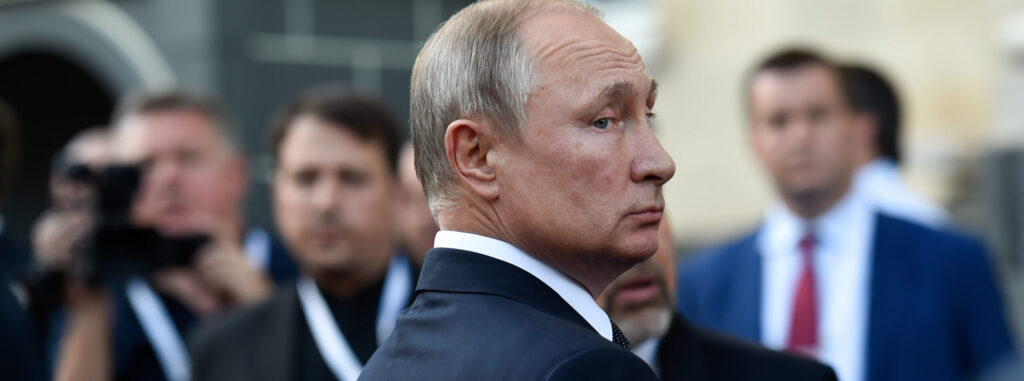
You have proposed an international special tribunal to deal with Russian crimes. Why is such a tribunal necessary at all?
Modern international law prohibits wars of aggression as well as crimes against humanity, and both the International Court of Justice and the International Criminal Court in The Hague have already begun investigating specific aspects of Russia’s crimes against Ukraine. But no international court has jurisdiction over the cause of these crimes. This is a gap in international law. That is why I support the idea of establishing a special tribunal through a group of states. Legally, it is certainly possible, you just need the political will to do it. Furthermore, legal ways must be worked out on how to use Russian assets currently frozen in the West for the rebuilding of Ukraine once the war is over.

How big is the danger that Putin will attack Latvia or another neighbour? And should that happen, would you look more towards the European Union for help, or to NATO?
NATO is the strongest military defence alliance in the world, and that is precisely its purpose. NATO does not attack. Now that the threat level has increased, NATO is strengthening our defence. In other words, it responds to the situation. We have to be stronger than the potential aggressor, and any potential aggressor must know that if he attacks us, he will lose. We are currently in a situation in Europe, and NATO has learned the lesson. Our defensive capabilities have been increased, and the clear signal that is sent to Moscow is this: An attack would end in Russian defeat, so Russia will not do it. That is the logic of the current situation.
In other words, without America, Europe cannot defend itself?
Yes, without the US, this won’t work. Eighty percent of NATO’s military power is located on the other side of the Atlantic. The transatlantic alliance is vital for Europe’s survival. But if we believe in our common values, we must also be prepared to protect and defend them.
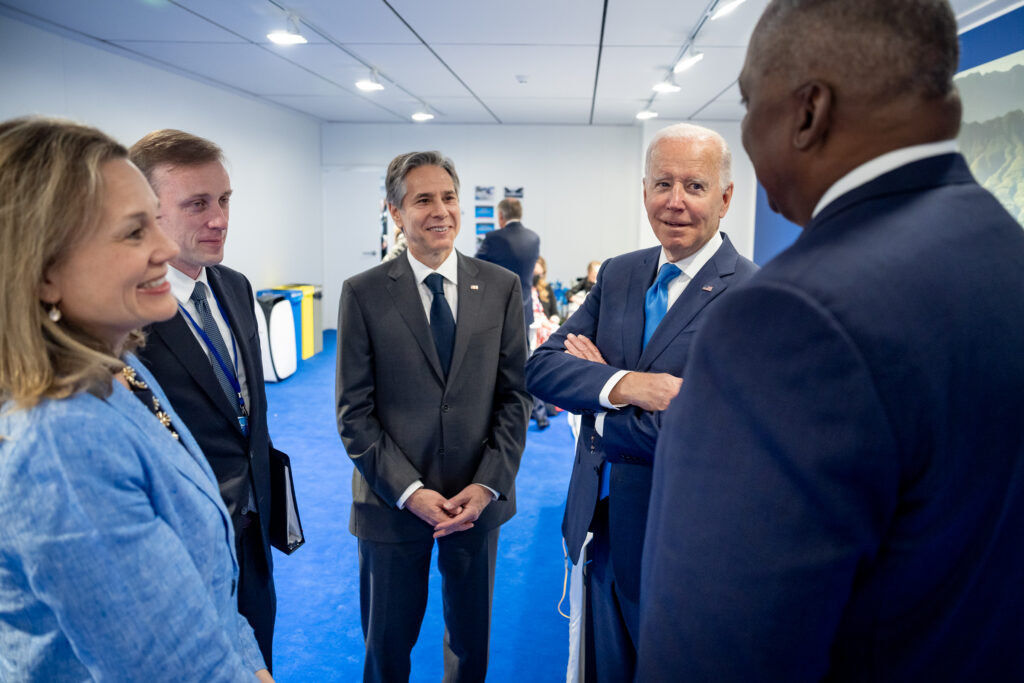
Have the European Union and its member states done enough to help Ukraine?
Both Europe and America have done a lot. We see that Ukraine is now achieving military success. That is also thanks to the support it has received from the West, military, financial and economic. I spoke with Ursula von der Leyen a few days ago, and I am glad that the EU plans to adopt a long-term plan for aiding Ukraine. I think the West is responding appropriately to this challenge. So, this is a joint success story for the political forces within the democratic spectrum. They have understood that democracy must be defended. The only thing we should not do now is to let up. The EU is also a union of values. In fact, I think that is its most important function.
What does that mean in concrete terms?
It means that Europe must assert itself against aggressive authoritarian powers, reduce its dependencies on them and strengthen its strategic autonomy. We must stand in solidarity with those who fight for democracy and for our values. Autonomy means the ability to act according to our ideas and values. And we must strengthen the resilience of the democratic constitutional state.
If you had a crystal ball: What will the situation in Ukraine be in a year’s time from now? Will the war will be over by then?
Every war ends at some point, including this one. It is already clear that Russia cannot prevail, also because the Ukrainians are much more motivated than the Russians. Russia has been waging a war of extermination against the Ukrainian nation, but Ukraine wants to survive, it wants to defend its state and its nation. The morale of the Russian soldiers is very low, it looks as if they are not quite convinced of the righteousness of Putin’s war campaign. I expect Ukraine to win. It will probably still take some time, so it is hard to predict if the war will be over by the end of next year. But I think it will.
The interview with the president of the Republic of Latvia was conducted via Zoom by EU Watch Executive Director Michael Thaidigsmann in German. It originally appeared in Jüdische Allgemeine newspaper.
Our most recent news
Former Estonian Foreign Minister: “We should make Russia understand that the West is not weak anymore”
In our most recent podcast edition of “EU Matters”, the Vice-Chair of the Foreign Affairs Committee of the European Parliament and former Estonian foreign minister, Urmas Paet, talks about the threat of Russia to Europe and the West’s support for Ukraine, as well as the recent developments in the Middle East between Israel and Iran.
Avital Grinberg appointed as General Manager of EU Watch
BRUSSELS – EU Watch announces the decision to appoint Avital Grinberg as the new General Manager, succeeding Michael Thaidigsmann at the helm of the organisation.
Veteran Socialist lawmaker: “We always knew that the EU would come under attack from guys like Putin”
German MEP Udo Bullmann talks about the importance of human rights in EU’s foreign policy, the EU as a player on the world stage and foreign interference in EU politics.
EU’s pivotal steps toward Ukraine, Moldova, and Georgia: A personal perspective on the region’s historic shift
Professor Cristina Vanberghen delivers her opinion on the European Council’s decision to green-light negotiation talks with Ukraine and Moldova.
EU Sets Global Standard for AI Regulation
Professor Cristina Vanberghen delivers her analysis of the EU AI Act, which regulates the use of Artificial Intelligence in the Union.
Enhancing our understanding of the EU’s role in the Middle East
Professor Cristina Vanberghen delivers her analysis on the EU’s role in mediating Middle East conflicts.

